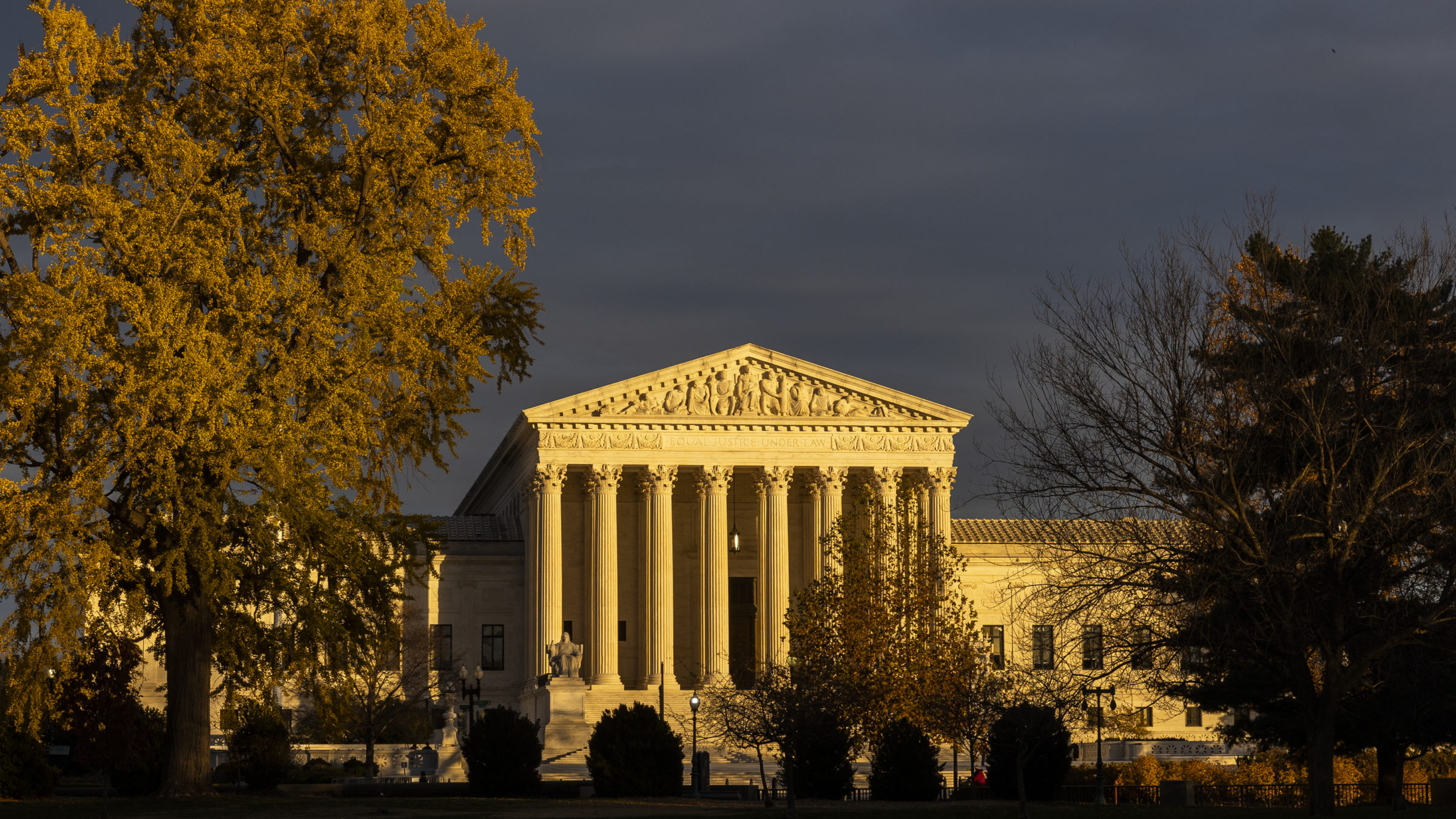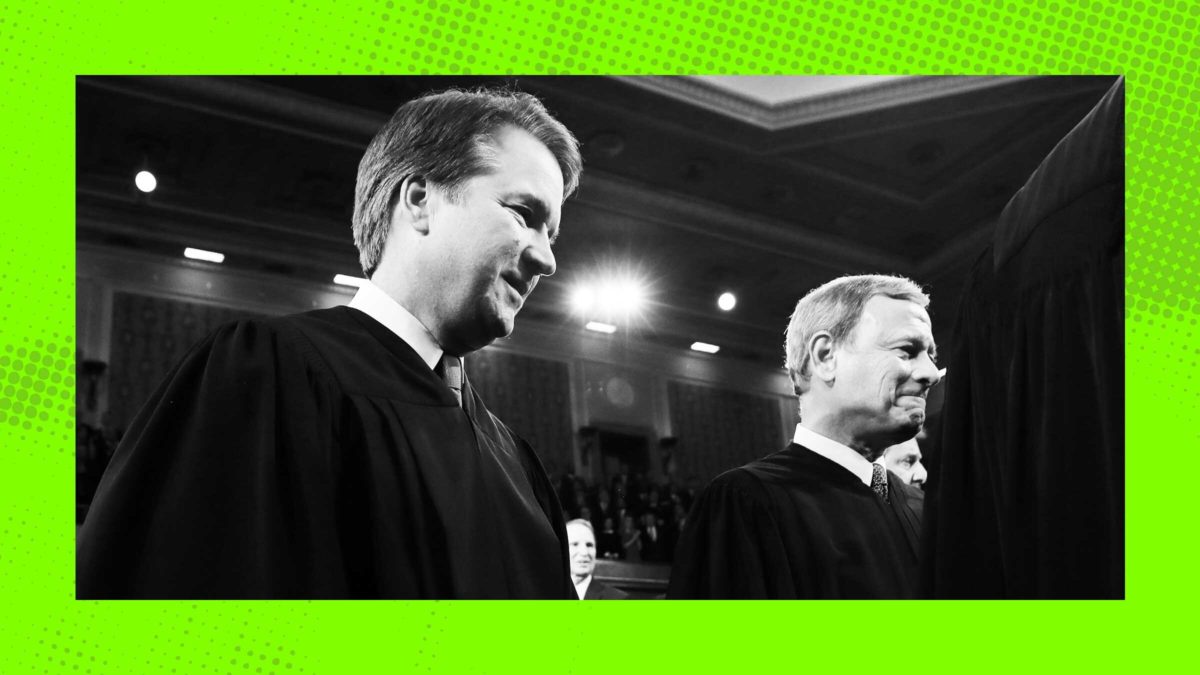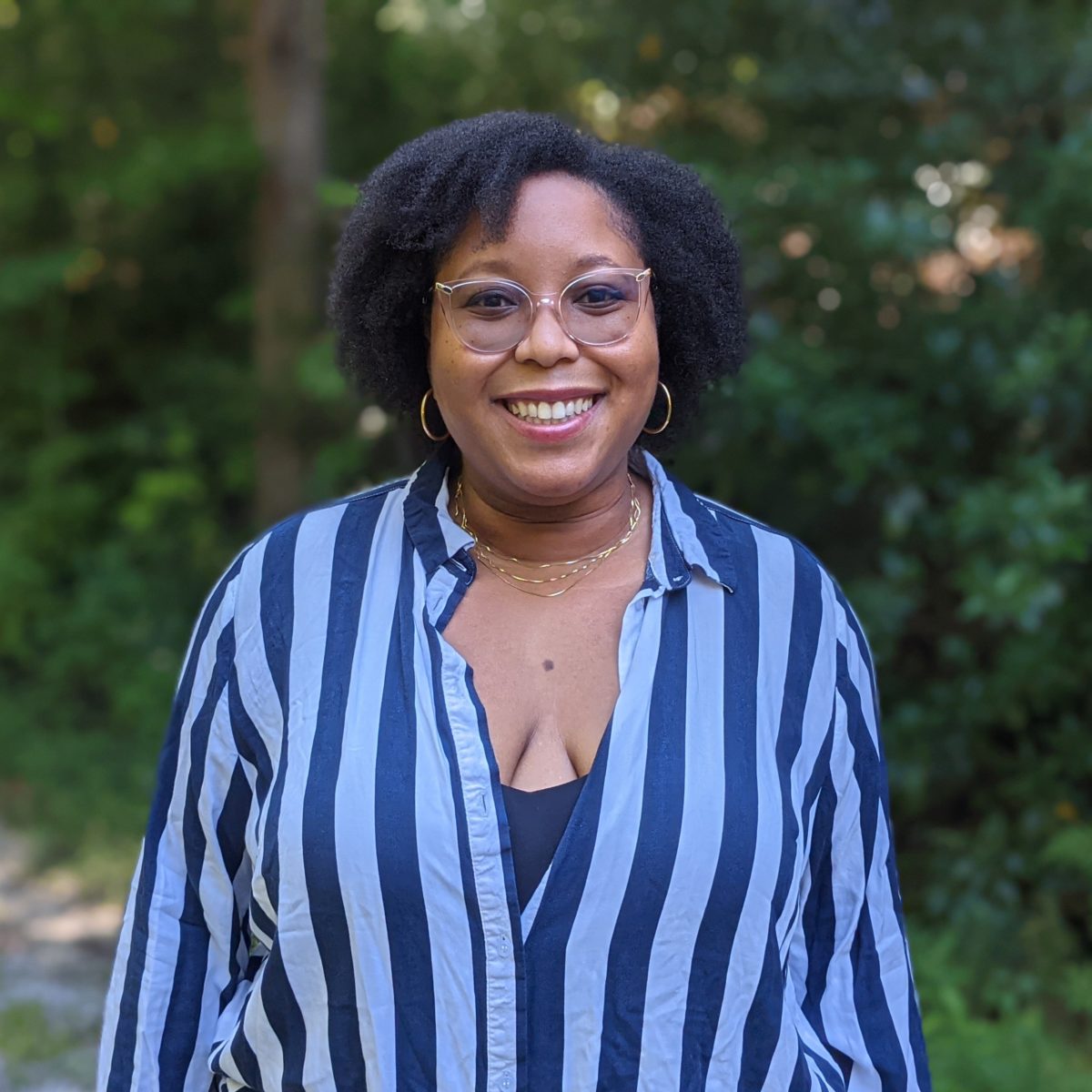When Deborah Laufer was 39, she was diagnosed with multiple sclerosis. At the time, she worked in private security, but her illness ended her career prematurely. Today, she’s visually impaired and has limited use of her hands, and uses a wheelchair.
As a newly disabled person, her ability to travel changed suddenly and dramatically. She found that hotels usually didn’t provide accessibility information on their websites, and even if they did, the information was often inaccurate. Sometimes, Deborah recalled in briefs and sworn statements, she would arrive at a hotel only to end up sleeping in her car after she discovered the hotel couldn’t accommodate her.
The federal Americans With Disabilities Act (ADA), which Congress passed in 1990, requires hotels to make “reasonable modifications” so that disabled people have an equal opportunity to enjoy their services. A Justice Department regulation known as the “Reservation Rule” says that a hotel’s reservation service must “identify and describe accessible features” so disabled people can assess if the hotel meets their needs. Under the ADA, disabled people can sue if they experience illegal discrimination.
Frustrated by her unmet needs, Deborah began researching the reservation systems at hotels around the country, looking for legally required accessibility information. If she couldn’t find it, she sued to get the hotel to post it—even if she never intended to stay there. This little wrinkle is why her case, Acheson Hotels v. Laufer, is now before the United States Supreme Court. Typically, courts don’t hear your case unless you have “standing,” which, among other things, means that you suffered an injury that a defendant caused and a court can fix. And Acheson Hotels, one of the companies she sued, says that Deborah doesn’t have standing. Since she wasn’t actually going to stay there, Acheson argues, she was never injured, and her case should thus be dismissed.
When the Court hears oral argument in Acheson Hotels on October 4, the question the justices will have to answer is whether plaintiffs like Deborah should be able to sue. Under Supreme Court precedent, the answer should be yes. But the stakes of this case are much higher than resolving a technical question about standing doctrine. Thanks to a government that chronically underinvests in enforcement of civil rights laws, lawsuits like Deborah’s are the main way statutes like the ADA are enforced in this country. A ruling against her could turn the protections of a host of antidiscrimination laws into nothing more than empty promises.
Decades ago, the Supreme Court held that “testers”—people who, like Deborah, investigate whether businesses are complying with civil rights laws—have standing. In Havens Realty Corp. v. Coleman, two testers, one Black and one white, were investigating whether an apartment complex was complying with the Fair Housing Act. Employees told the Black tester there were no units available, but told the white tester that there were vacancies.
Neither tester had any intention of renting an apartment, but a unanimous Court found that the Black tester could nonetheless sue. “That the tester may have approached the real estate agent fully expecting that he would receive false information, and without any intention of buying or renting a home, does not negate the simple fact of injury,” Justice William Brennan explained. In other words, the circumstances under which a person experiences unlawful discrimination did not change the fact that she experiences unlawful discrimination.
Here, Deborah suffered the precise kind of injury the law is supposed to cover. Acheson’s reservation service prevented her from figuring out whether she could use the hotel as a nondisabled person could. That’s an injury. The indignity of the hotel’s denial of accessibility information made her feel isolated, stigmatized, and humiliated. That, too, is an injury. Neither injury depends on where she intends to sleep on any given night. One of the plaintiffs in Havens Realty, a Virginia housing nonprofit, recognized the similarities with Deborah’s case and filed an amicus brief supporting her.

(Photo by Kerem Yucel/Anadolu Agency via Getty Images)
Briefs by Acheson (and the array of hotel conglomerates, restaurants, and other corporate interests backing them up) claim that Deborah suffered “no real-world harm” and that any stigma she experienced was “self-inflicted.” Others, noting that she’s filed hundreds of cases like this one, and that her former lawyer was involved in some sketchy business involving other ADA lawsuits, call her a “serial filer” engaging in “abusive litigation”. The portrait of Deborah that emerges is of an opportunistic grifter looking to make a quick buck.
It sounds serious. It also does not hold up to scrutiny. The lawyer no longer represents Deborah, and in any event, people with scammy lawyers have civil rights, too. And smearing her as in pursuit of “easy money” is especially odd given that the ADA doesn’t allow plaintiffs like Deborah to collect money damages. (In sworn statements, Deborah says she’s never received a dime for her ADA claims.) In an essay for Slate, Yvette Pegues calls Laufer an “unsung hero” for her work “advocating for people she will never meet, people who will never be able to thank her personally, and people who are not even disabled yet.”
Civil rights enforcement shouldn’t rest on the shoulders of testers like Deborah. Yet few others are doing this work. Business owners often don’t comply with the ADA until they’re sued, and, as Deborah explains, most disabled people don’t have “the resources necessary to challenge the unlawful accessibility barriers they encounter in their daily lives.” In its brief, the federal government praises testers as “an essential complement” to its enforcement efforts, and notes that Congress even pays to train fair housing testers. Ensuring compliance with the law, the government says, would be “impossible” without them.
In its brief for the Court, Acheson suggests that it might have followed the law had Deborah asked nicely: “A polite phone call or email will frequently be more effective at persuading a bed-and-breakfast to update its website than a lawsuit that will cause it to dig in its heels,” it write. This argument misunderstands who bears the burden of complying with the law. It is not Deborah’s responsibility to not experience discrimination; it is Acheson’s responsibility to not discriminate. To borrow Acheson’s language, when it comes to avoiding liability for civil rights violations, following the law will “frequently be more effective” than criticizing the disabled person who simply wants respect.

